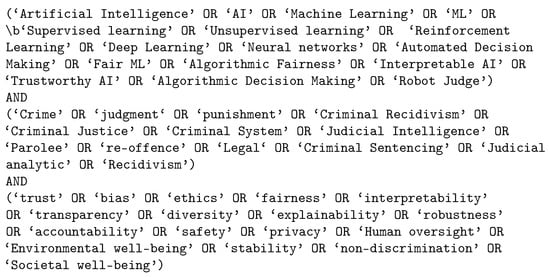
Artificial Intelligence (AI) can be very beneficial in the criminal justice system for predicting the risk of recidivism. AI provides unrivalled high computing power, speed, and accuracy; all harnessed to strengthen the efficiency in predicting convicted individuals who may be on the verge of recommitting a crime. The application of AI models for predicting recidivism has brought positive effects by minimizing the possible re-occurrence of crime. However, the question remains of whether criminal justice system stakeholders can trust AI systems regarding fairness, transparency, privacy and data protection, consistency, societal well-being, and accountability when predicting convicted individuals’ possible risk of recidivism. These are all requirements for a trustworthy AI. This paper conducted a systematic literature review examining trust and the different requirements for trustworthy AI applied to predicting the risks of recidivism. Based on this review, we identified current challenges and future directions regarding applying AI models to predict the risk of recidivism. In addition, this paper provides a comprehensive framework of trustworthy AI for predicting the risk of recidivism.
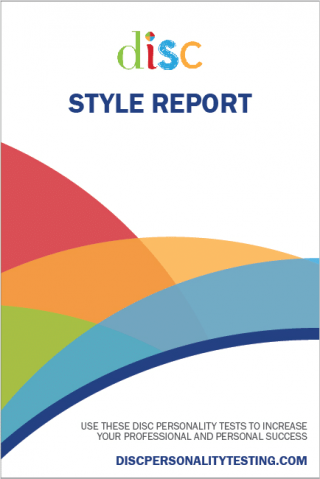
Home - DISC Personality Testing

Material structures and mental structures are represented by ideal

Preprints - About - Europe PMC

/wp-content/uploads/2021/10/Mac-is-runn
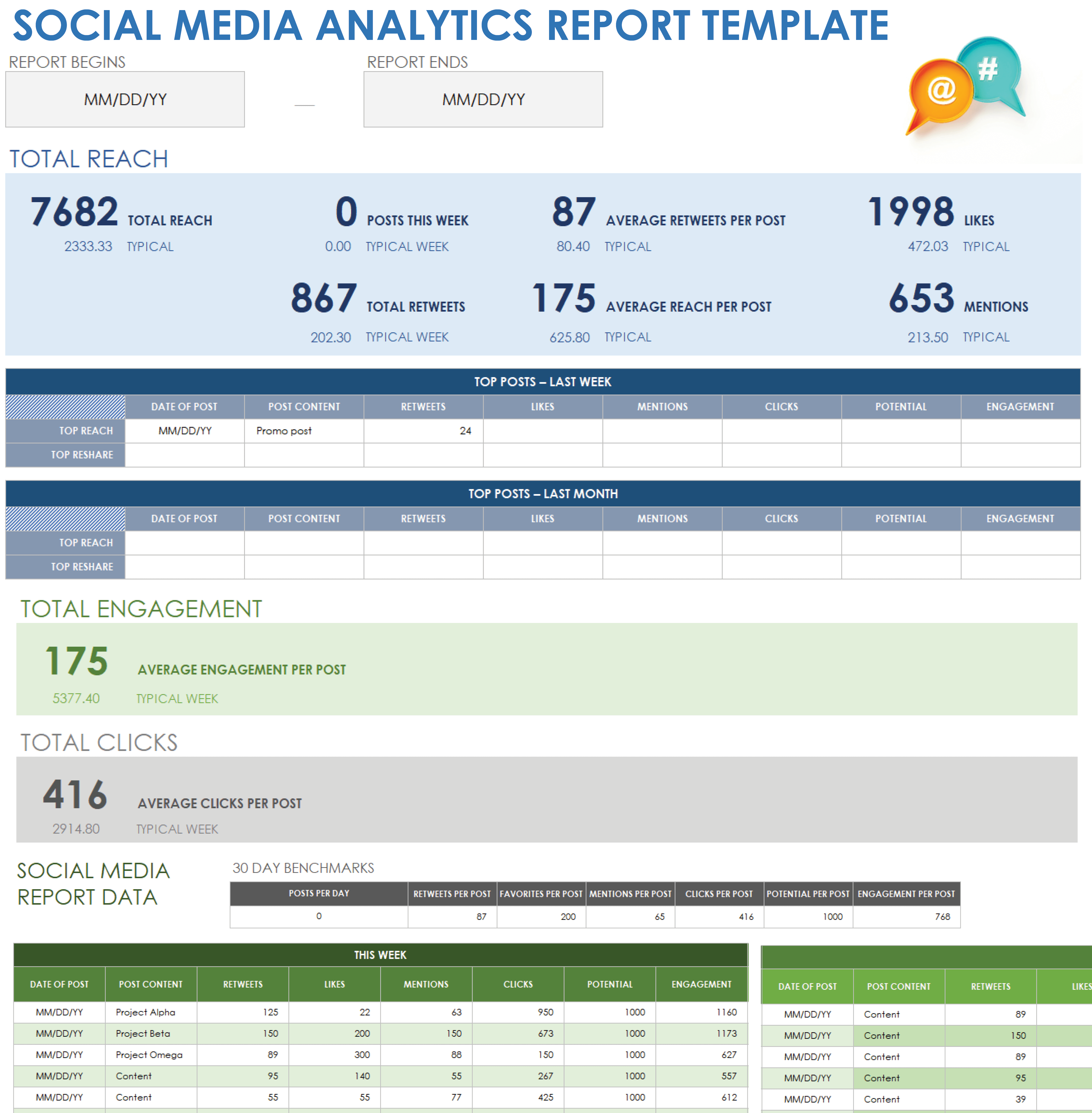
Free Social Media Report Templates in All Formats

My KFUEIT - Dashboard
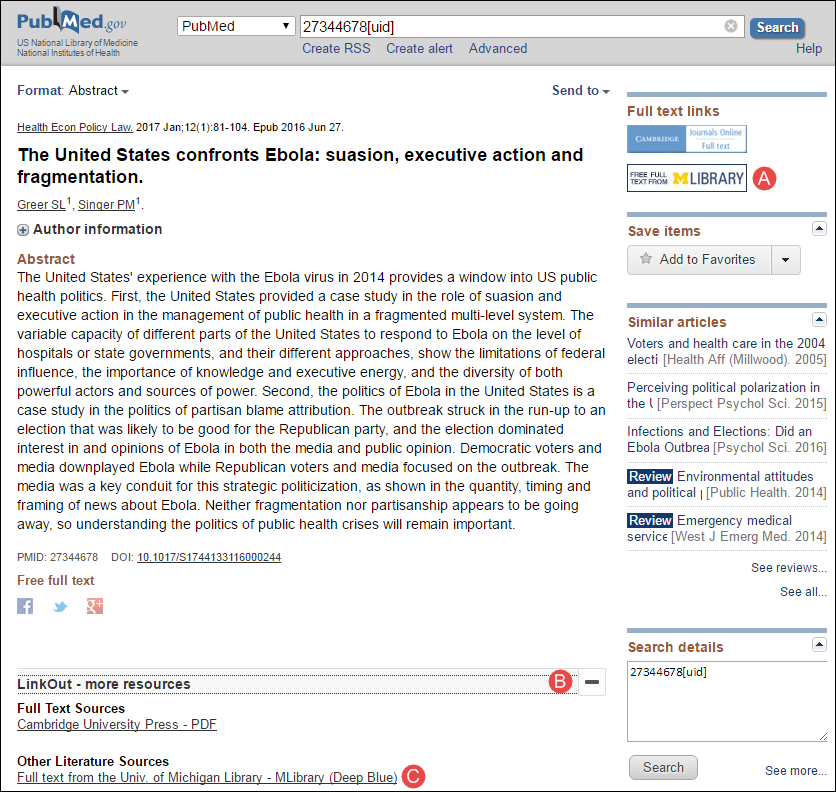
Institutional Repository LinkOut: A New Full Text Access Feature in PubMed. NLM Technical Bulletin. 2017 Mar–Apr

LACTAID® Fat Free Lactose-Free Milk

Luxottica Hr Central App Store

PDF) Attitudes toward Fashion Influencers as a Mediator of Purchase Intention

Wordtune: Free AI Writing Assistant
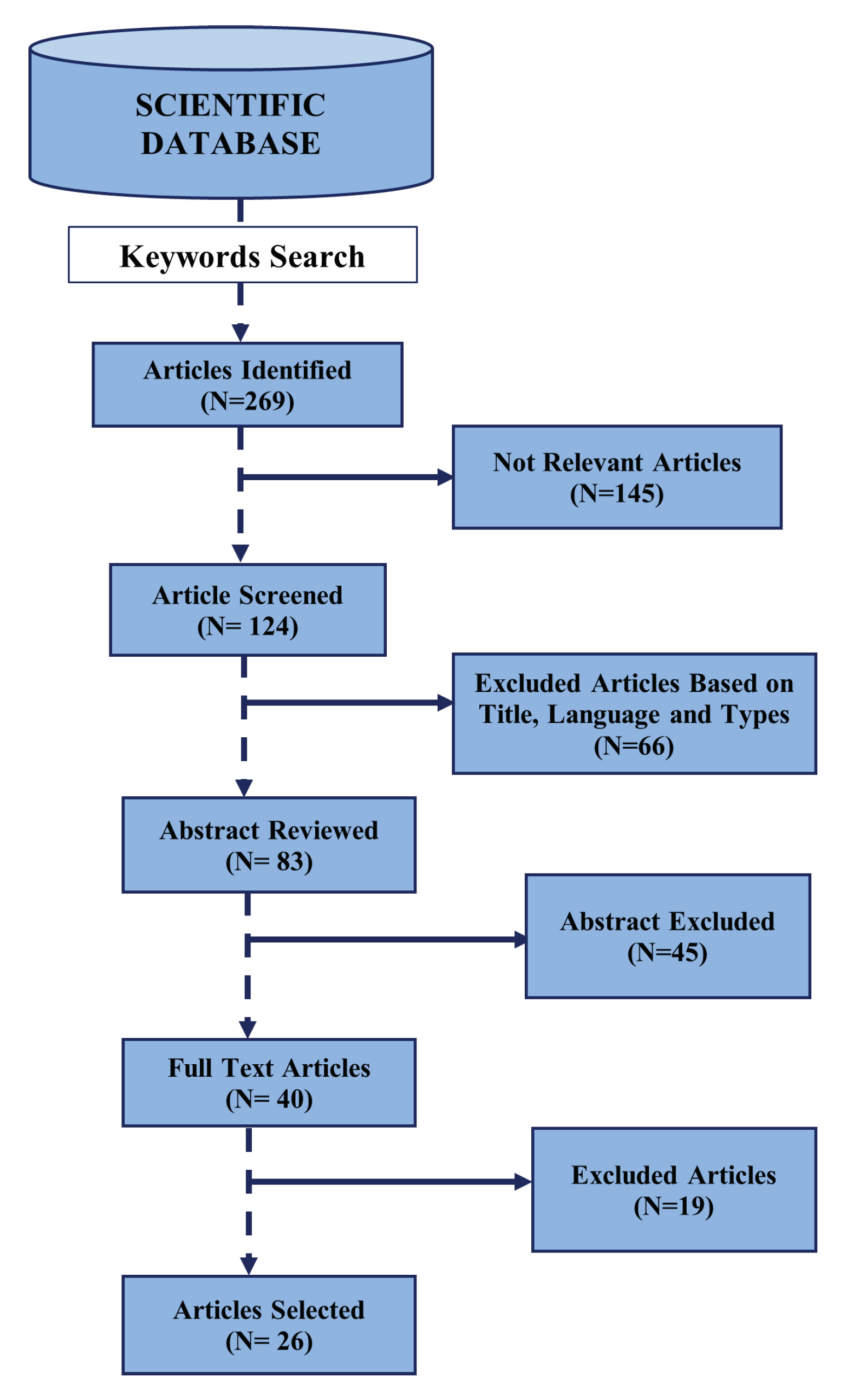
Information, Free Full-Text










